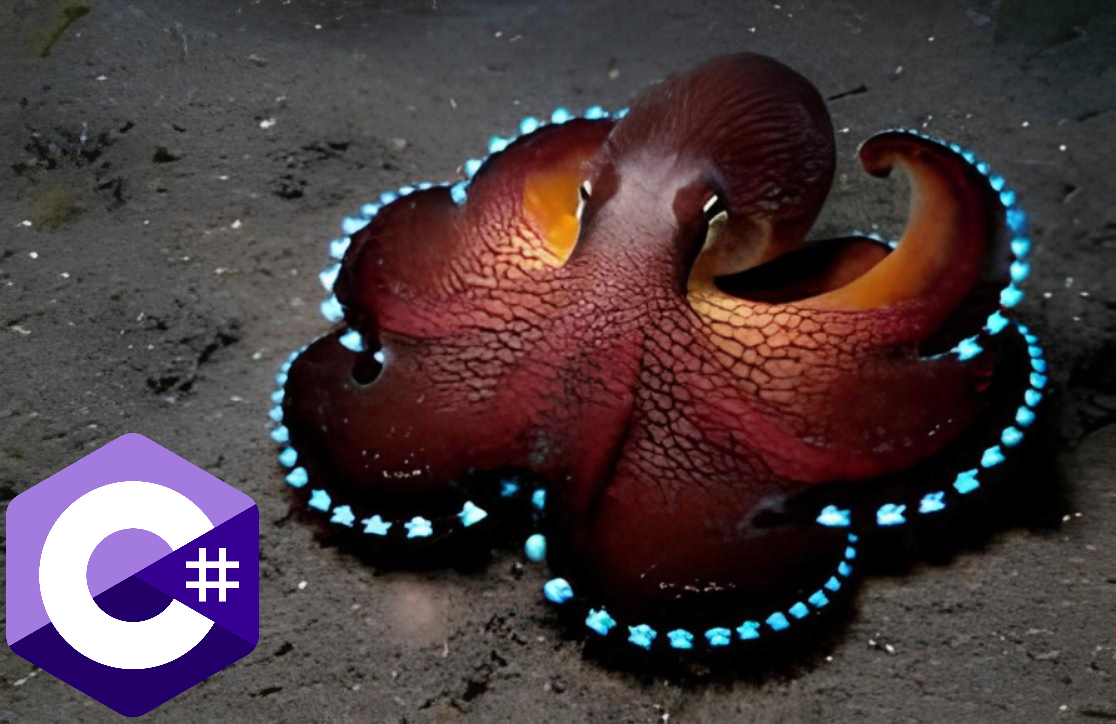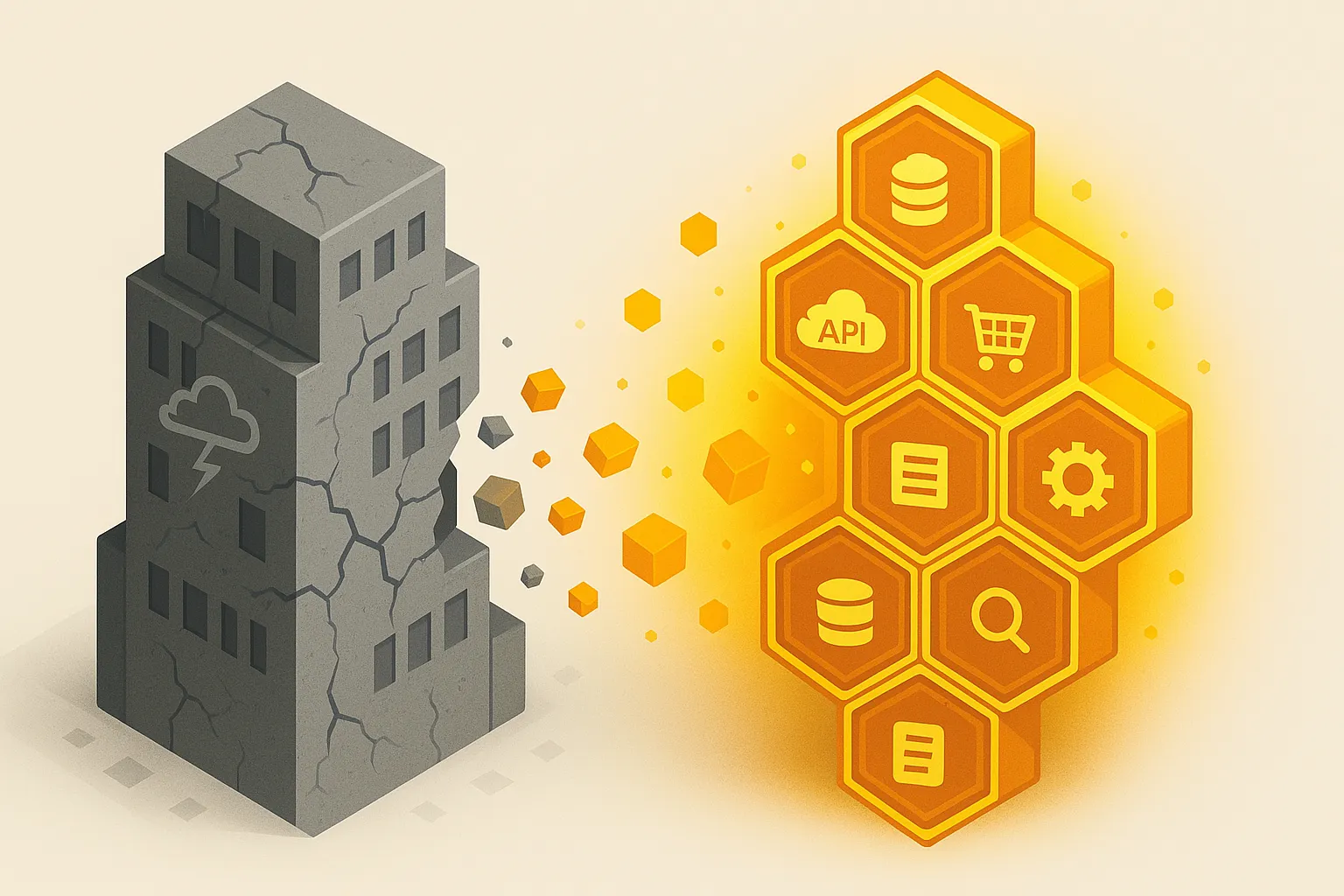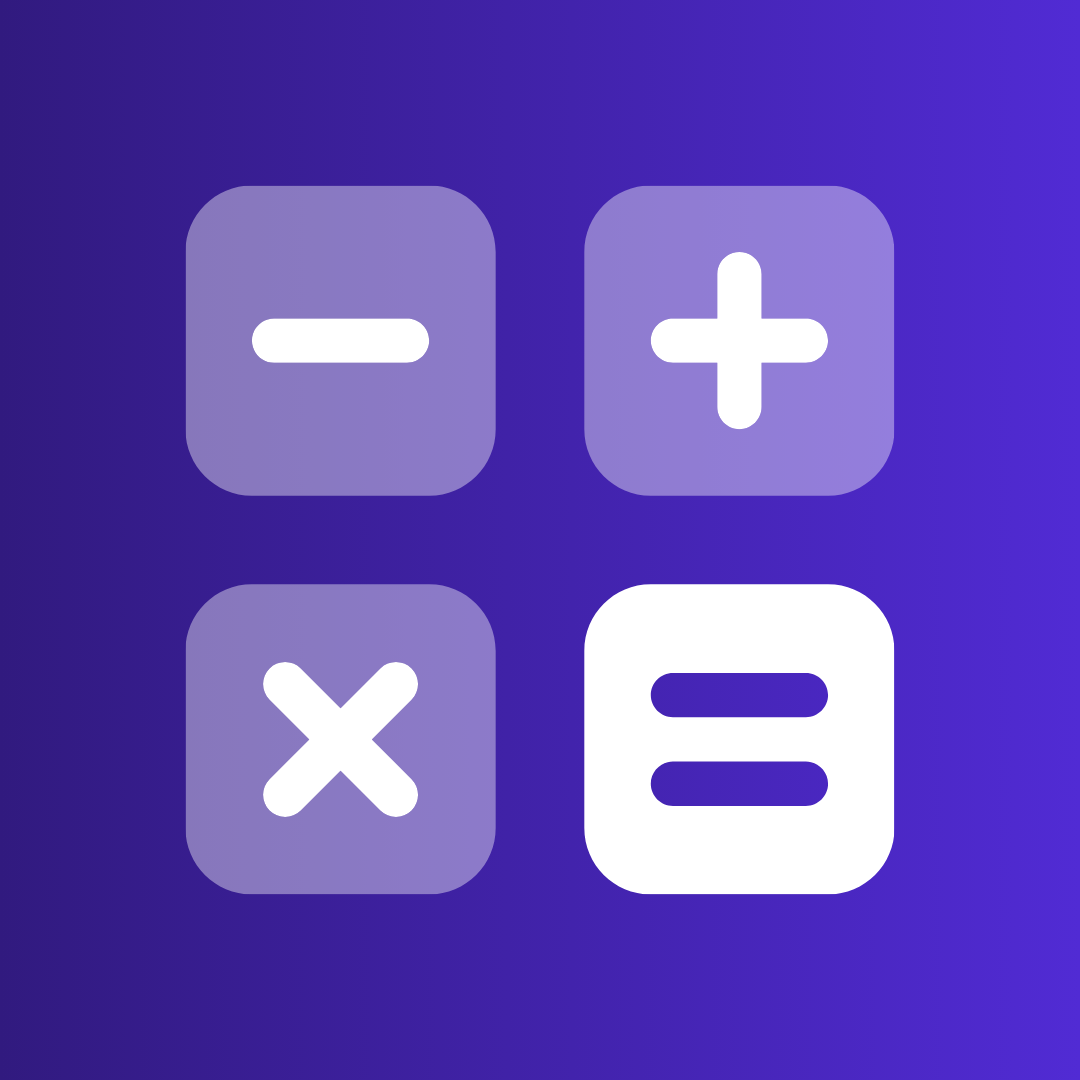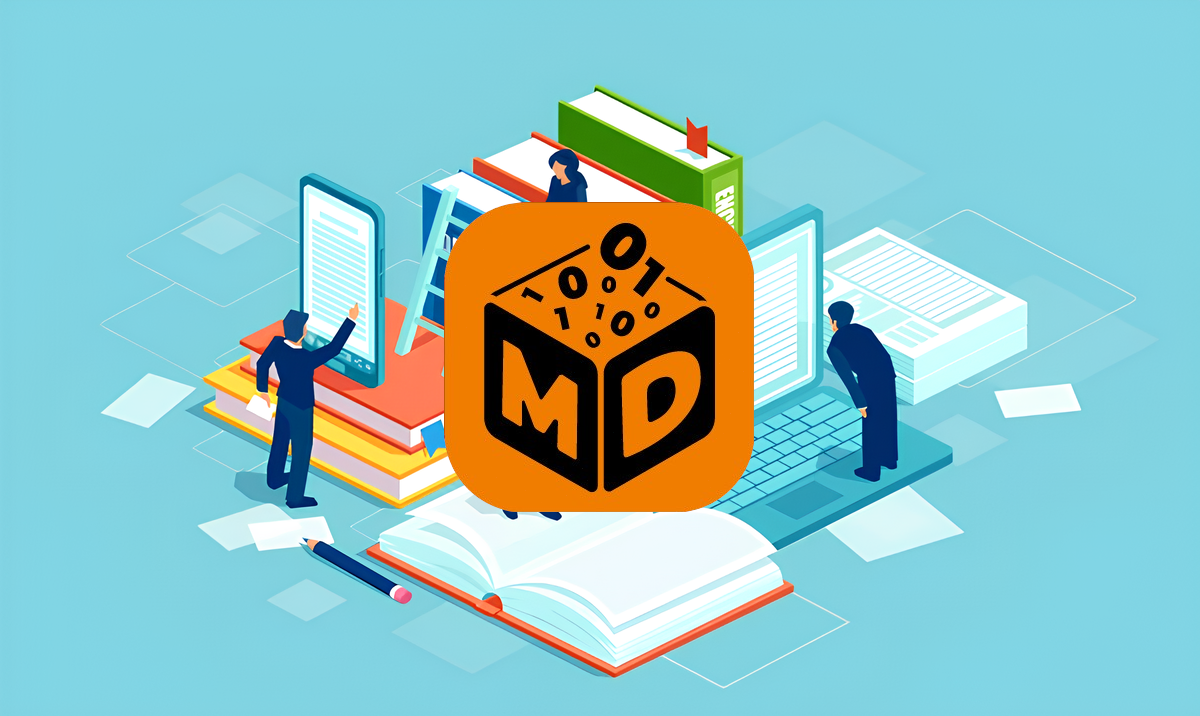Functional programming concepts in C#
Published in by Gustavo Mauricio de Barros

Learn functional programming in C#. Discover immutability and the Result Pattern to write safer and cleaner code.
READ MOREWelcome to JJ Consulting Blog. Quality content written by the company's own employees.
Published in by Gustavo Mauricio de Barros

Learn functional programming in C#. Discover immutability and the Result Pattern to write safer and cleaner code.
READ MOREPublished in by Gustavo Mauricio de Barros

This article examines the use of static lambdas, a feature introduced in C# 9, which prevents unnecessary heap allocations by disallowing variable captures in lambdas. It also highlights how the JetBrains [RequireStaticDelegate] attribute can assist in enforcing this pattern within APIs.
READ MOREPublished in by Gustavo Mauricio de Barros

Learn how to configure YARP (Yet Another Reverse Proxy) in ASP.NET Core to load routes and clusters directly from a database.
READ MOREPublished in by Gustavo Mauricio de Barros

Polymorphism in EF Core with Star Wars droids: Learn how to model and query polymorphic entities using TPH, TPT, and TPC strategies with practical C# examples inspired by Star Wars droids for efficient and maintainable database design.
READ MOREPublished in by Gustavo Mauricio de Barros

Learn the different ways of communicating between microservices and their advantages/disadvantages.
READ MOREPublished in by Lucio Pelinson

Discover the challenges, lessons learned, and best practices from the journey of transforming a monolithic system into a scalable microservices architecture.
READ MOREPublished in by Gustavo Mauricio de Barros

Discover how to execute mathematical expressions in a string in .NET. Understand how it works and its advantages.
READ MOREPublished in by Gustavo Mauricio de Barros

The data dictionary is a centralized repository that documents the structure of a system's data, including fields, types, validations, and relationships, aligning the database with business rules. See this article for the advantages of this structure.
READ MORE